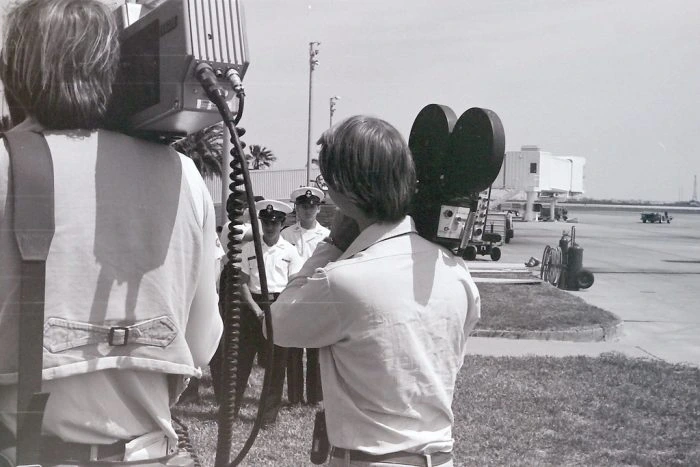Traditional journalism is the most basic form to report the daily news, that includes the mediums of television, radio, newspapers, news magazines and their online offshoots.

The rate at which technology is advancing is affecting the importance of traditional journalism both negatively and positively. This advanced technology involves social media.
Some of the reasons why traditional media is still important includes:
Credibility
Compared with poor credibility of social media, traditional media keep a better reputation.
According to Noble (2014), the traditional media maintain the trustworthy information source. When it comes to the news, the straight fact cannot be substituted. Traditional media is a professional industry.
Additionally, a study by Elite Daily, demonstrates that traditional media is still valuable because more than half young respondents feel most enlightened when the news is from either newspapers or traditional press sites.
Also Read : Understanding Disorders that Affect Reading
Drives online news
More people now discover news through Facebook, Twitter, and other social media; these platforms deliver minimal information by way of headlines, video excerpts, and sound bites.
Thus, consumers are becoming more media intelligent and often seek out the details and facts by clicking through links to traditional news media websites.
Additional evidence of traditional media’s influence, is the fact that more people are finding their way back to the network TV, news especially recently during the coronavirus pandemic.
Privacy
According to an article done by Burrelles, Social media continues to try and strike a balance between privacy and sharing of content, as well as whose responsibility it is to identify potential misinformation or disinformation, altered images and videos.
However, paid journalists have a responsibility to make efforts to vet information. An interesting, but not unexpected, finding from a topical Pew Research study is that more than half of those who prefer to get news via social media (56%) have shared news they later found out was made up.
Subscribe to Switch TV for more content.
















